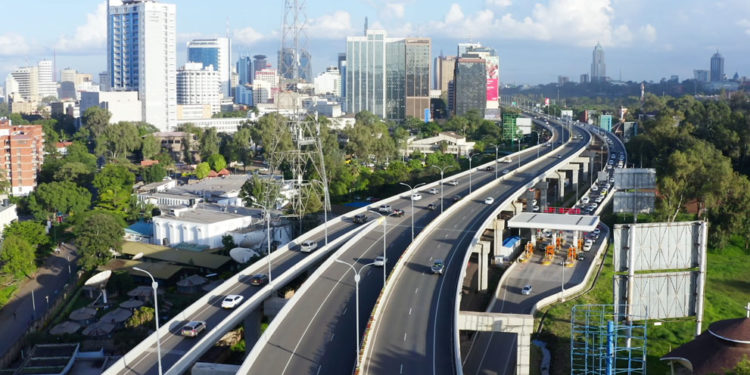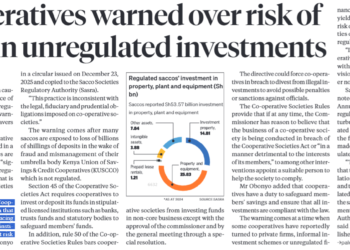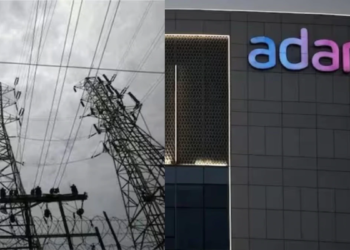As governments are gobbled up in hectic financial constrains due to pressure from its citizens to keep taxes low as they increasly demand for better service and infrastructure development, governments are resulting to other sources of funds for development. Governments globally have turned to Public Private Partnerships (PPP) thus giving rise to infrastructure funds. An infrastructure fund is an investment vehicle that focuses on facilities and utilities essential to community services such as roads, data centers, airports etc. Infrastructure funds have increasingly shaped global development by providing a structured way to channel long-term capital into essential projects such as transport networks, energy systems, water distribution, digital connectivity, and social amenities. As worldwide demand for resilient infrastructure continues to rise, these funds have become vital in bridging financing gaps that traditional public budgets cannot fully address. Institutional investors, including pension funds and insurance companies, often prefer infrastructure assets because they tend to offer stable returns (average of 18.4% compared to the global average of 10.3%) over long periods, making them suitable for diversified portfolios focused on predictable cash flows and moderate risk exposure. A report by Boston Consulting Group (BCG) shows that infrastructure assets under management continued to grow with a peak of USD1.3 tn mid 2024 which is still lower than its peak in 2022. While deal volumes are expected to increase as investors seek to exit investments and reinvest capital.
Across the African continent, infrastructure funds are playing an increasingly influential role as countries seek to accelerate economic growth and enhance regional integration. Africa faces a substantial infrastructure deficit, with needs spanning roads, power generation, port modernization, affordable housing, and broadband expansion. The continent’s growing population and rapid urbanization have amplified the urgency for sustained investment in these sectors. Infrastructure funds that operate in Africa typically support public–private partnerships, enabling governments to access private capital and technical expertise while reducing fiscal burdens. These funds also help ensure that projects are delivered with greater efficiency, transparency, and risk management compared to traditional public procurement models.
In Kenya, infrastructure funds have become a key component of the country’s long-term development strategy. As the economy diversifies and urban areas continue to expand, demand for high-quality infrastructure has intensified. Investors increasingly recognize opportunities in areas such as renewable energy, real estate development, digital infrastructure, transport corridors, and water systems. Kenya’s regulatory environment has gradually evolved to accommodate alternative investment structures that encourage participation from local and international investors. Everstrong Capital is set to undertake one of the most ambitious projects dubbed Usahihi Expressway, Nairobi-Mombasa 444km, four-lane toll road. Usahihi is estimated to cost USD 3.6 bn and the money is set to be recouped through tolling the road, however, the road is significantly set to reduce time between Nairobi and Mombasa. Through these funds, infrastructure projects benefit from professional management, independent oversight, and sustainable investment practices designed to support both economic growth and social development.
The role of infrastructure funds in Kenya is expected to expand as the country aligns itself with global trends emphasizing sustainability, climate resilience, and technological integration. Well-managed funds create a pathway for mobilizing long-term capital while enhancing project execution and accountability. With increasing awareness of the importance of modern infrastructure, these investment vehicles continue to provide a practical solution for meeting national priorities and improving quality of life for communities.
Start your investment journey today with the Cytonn Money Market Fund. Call +254 (0)709101200 or email sales@cytonn.com
















